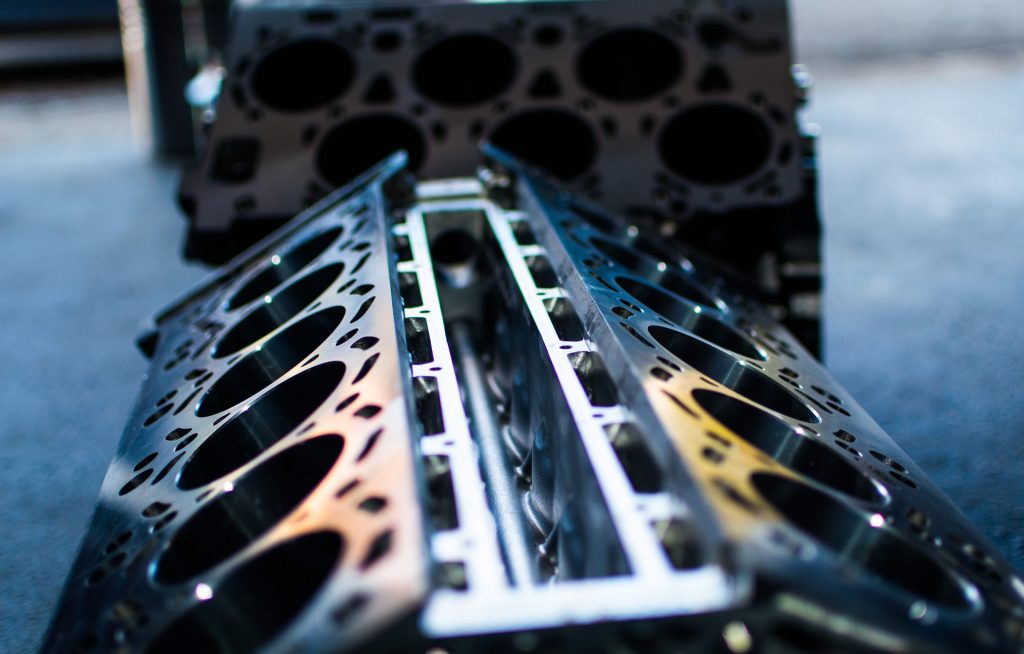The engine is an integral part of any vehicle, and we know that it is the heart of the machine. Unfortunately, it's normal for our vehicles to break down from time to time; no one is exempt from this; however, if you want to save yourself some money and know how much your repairs will cost, then read on.
What can go wrong with an engine? Well, there are plenty of things that can go wrong with an engine. Each problem has its own cost depending on the issue; for instance, if it's a part you can change yourself, your overall costs will be lower than someone who has to take their car in for professional repair or worse though not common but possible replacement.
Problems with your car's engine can be costly to repair. In this article, we'll take a look at how much you can expect to pay for various engine problems, as well as some tips on how to reduce the cost of engine repairs.
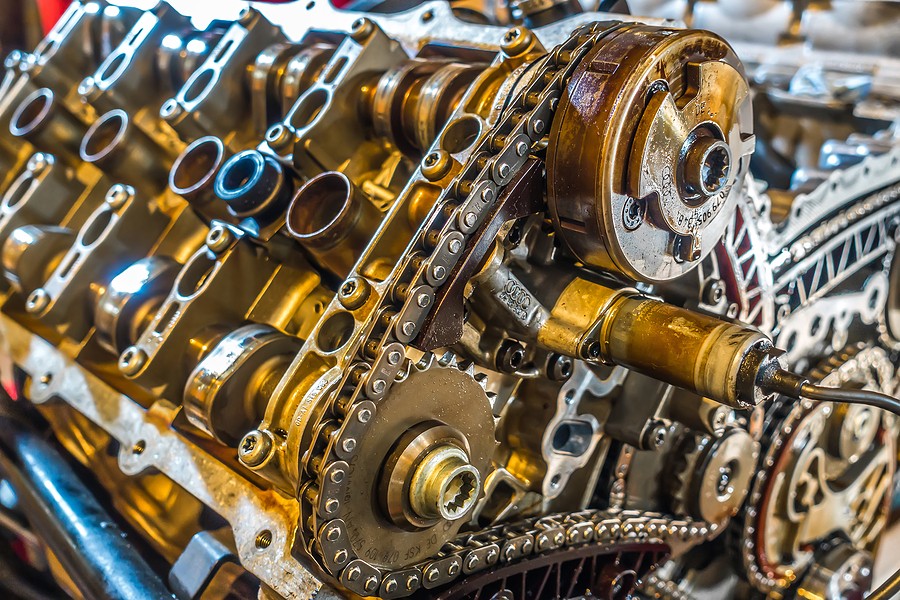
What is an engine and what does it do?
Why is the engine so expensive, and what's in that thing? Well, to answer your question: The engine in your vehicle is where the gasoline you put into the car is converted into mechanical energy. This leads to forward momentum, or torque, which makes your car move; this then leads us to go from A-B just about anywhere we want to go.
The different parts of an engine
Your vehicle's engine contains several interacting parts, and it's important to get a general idea about these parts to understand how likely is it to deal with engine problems when any of these parts go bad.
here are the common engine parts:
#1 The cylinders
These contain the pistons that move up and down, which in turn help to compress air and gasoline mixture. This ignites the mixture, which turns the engine to create energy.
#2 The pistons
These are slide up and down in the cylinders; these are connected to the piston rods attached to the crankshaft. This is what makes it all go round and round so you can get from A-B easily by simply using your gas pedal. It's important not to forget about the other parts, though, since they all play a vital role in making this happen.
#3 The crankshaft
When the pistons go up and down, they turn the crankshaft, which is connected to your car's transmission. This then leads to forward motion.
#4 The valves
The valves are open and close due to this movement to let gas or air flow into or out of the cylinders. This then allows the engine to perform its basic functions.
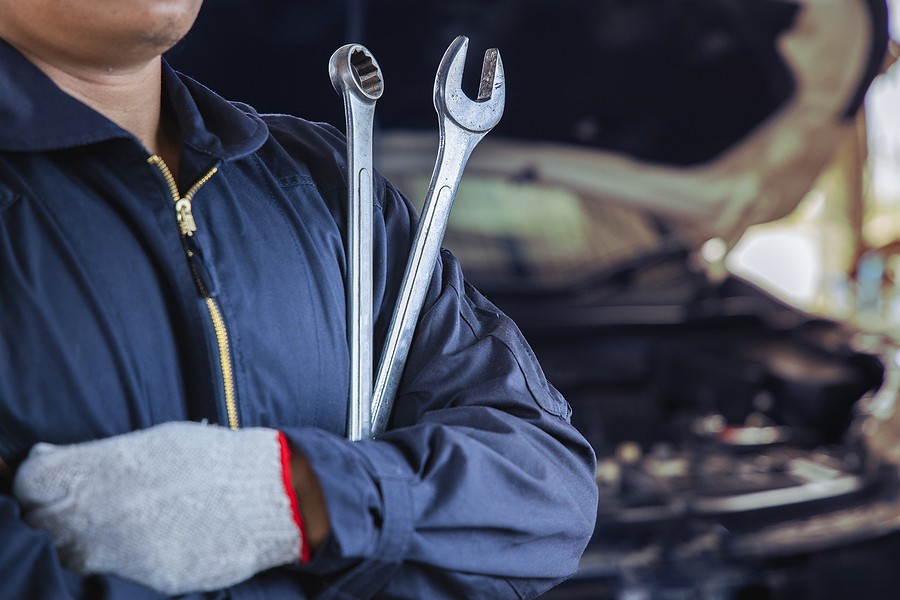
Common problems with engines and engine problems costs
Engine problems costs differ significantly depending on the type of the problem. Let's take a closer look at the common problems with engines and engine problems costs:
#1 Engine overheating
If the engine overheats, it may not start. In addition, the cost of repairing an engine that overheats can be high since some parts will need to be replaced. The average cost of engine overheating repair is $340.
#2 Engine misfires
A vehicle with an engine misfire will have a rough idle, and there may be a noticeable loss of power. A misfiring cylinder also leads to poor gas mileage. In addition, engine misfires can cause the catalytic converter to overheat; this is an expensive problem that will cost around $500 to fix.
#3 Check engine lights
A vehicle with a check engine light on isn't drivable. If your car's check engine light comes on, it means there is a serious problem somewhere in the car's system; it could be something minor like low engine oil or an oxygen sensor, but you won't know until you get it checked out by a mechanic. The average cost of diagnosing and repairing check engine lights is $90 per code found.
#4 Leaking oil
A vehicle with a leaky engine will lose oil. A small leak won't do too much damage, but a large leak combined with the heat from the engine can cause serious problems such as blown head gaskets or even cylinder wall damage if the engine runs long enough without any oil at all. The average cost of repairing an engine that leaks oil is $500 up, depending on where it's leaking and how big the leak is.
#5 Engine repairs
If you have to pay for repairs before knowing what was wrong with your car's engine, then you could be spending anywhere from $100 to thousands of dollars. The “out-of-pocket” cost of fixing an engine problem will vary depending on the type of problem and the parts that need to be replaced. This can be an expensive part, but it's a part you can't replace by yourself.
#6 Failed timing belt or chain
A failed timing belt or chain means your engine won't run. If your car's timing belt goes bad, it will almost certainly cause major engine damage because the pistons and valves cannot move properly. The average cost of replacing a damaged or broken timing belt is near $700.
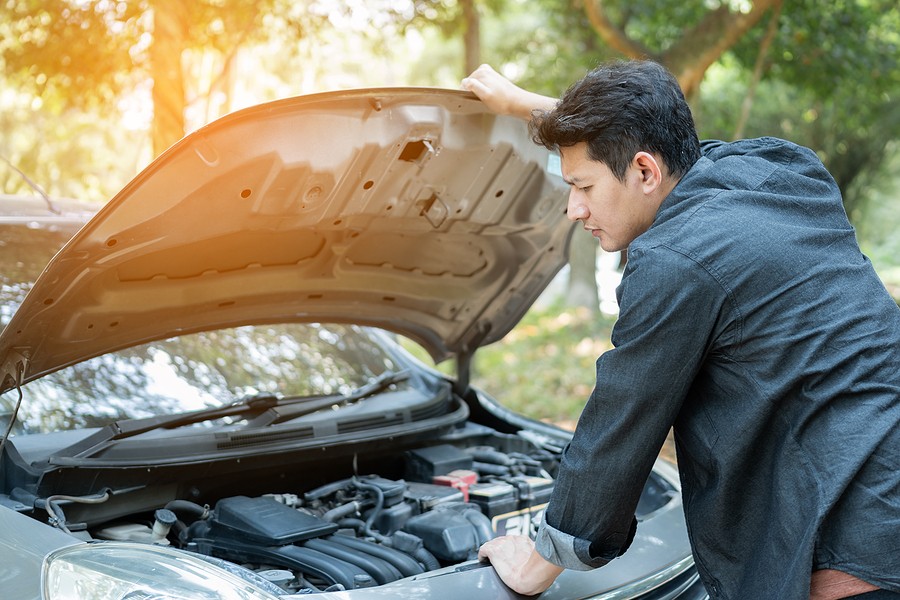
Other factors impacting engine problems costs
Several factors could impact the overall bill you'll pay for engine problems costs, including:
#1 The age of your vehicle
The older the car, the more likely it is to have a problem.
#2 The overall condition of the vehicle
Vehicles in good condition don't need to be repaired as often as vehicles that are not kept up. So if you take care of your car, it will last longer, and you'll save money on repairs.
#3 The overall cost of parts
Parts tend to be more expensive for newer vehicles because the technology is newer; older cars typically cost less. However, parts can vary depending on where they come from, so buying aftermarket or used parts instead of OEM (original equipment manufacturer) may lower costs.
#4 your engine's type
Engines are different in terms of their type of work and the problems they tend to have. For example, high-performance engines typically need more maintenance than other types of engines.
#5 The labor rate where you live
The labor rate varies depending on where you live; it can vary significantly from one state or town to another.
#6 The cost of labor vs. the cost of parts
The labor rate is separate from the cost of parts; the mechanic could be charging a flat rate for labor, or they could charge an hourly rate, which can vary as well. If you're charged an hourly rate, and it takes them only 30 minutes to repair your car, but they charge you for 2 hours, that will be more expensive.
#7 How badly the engine has been affected
The degree to which your engine has been damaged can impact how much it will cost to fix. For example, if just one cylinder misfires and causes low power, the engine is still operational and won't need as costly of a repair as it would if all the cylinders failed.
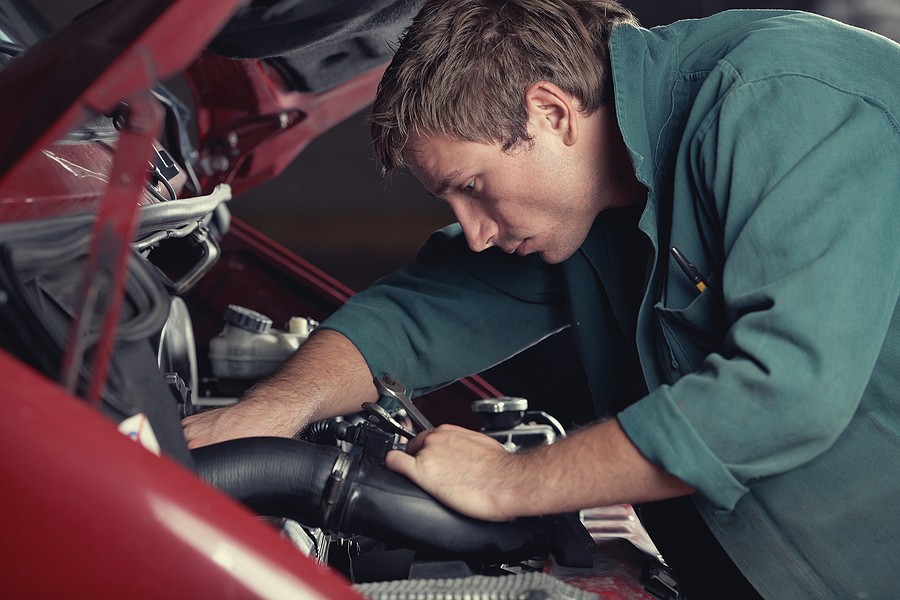
#8 The type of vehicle you own
It's always more expensive to fix a luxury car than a standard one. But, on the other hand, it's usually less expensive to fix an economy car than a mid-size or full-size car.
#9 How many cylinders are affected
Cylinders that don't work can be repaired; cylinders that aren't working properly may require replacement. The more cylinders in the engine, the more expensive it will be.
#10 How long you've had your car
The longer you've owned your car, the more chances there are for problems to arise. If you bought a new car and the engine gets damaged a week later, it will cost more to repair than if you bought a used car with the same issue.
#11 your vehicle's brand
engine problems costs can differ significantly depending on your vehicle's brand. For example, some brands are more expensive to repair than others, but some are also rated higher for dependability.
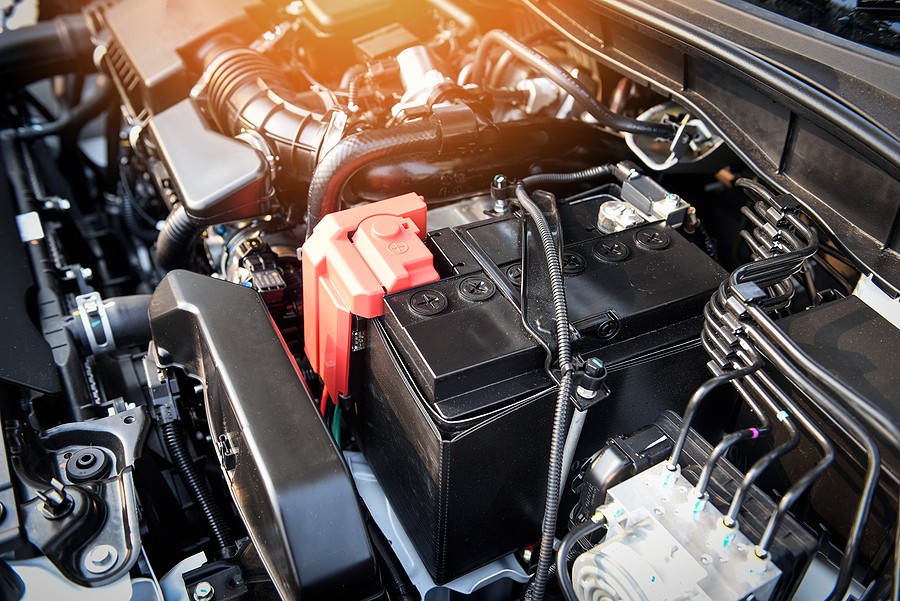
Tips on how to reduce the cost of engine repairs
Some tips on how to reduce the cost of engine repairs include:
#1 Use OEM parts
If you need to replace parts, buy genuine or OEM parts rather than aftermarket or used ones. Genuine or OEM parts are usually higher quality and last longer than aftermarket parts. Also, some customers have warranties with their vehicles depending on the manufacturer, and using genuine or OEM parts can make you eligible for a warranty.
#2 Compare labor rates
Most repair shops have their labor rates listed in the service bay. However, you can save money if you find a shop with lower labor costs. Ask around to see who has the best reputation for repairs and charges less. Also, if you have a friend who works on cars, ask them to fix your car for labor rates instead of paying an auto shop.
#3 Buy parts yourself
Sometimes buying the parts yourself can save money because it will be cheaper that way. The problem is that once you buy the part, you'll need to find someone to install it for you. You can do this in one of two ways; either take the car in and allow them to install the part (but they'll charge you more than what it would cost for installation), or ask someone with experience to help you install it at home (but then your mechanic will probably charge you to look at your engine).
Sometimes paying twice is still much less expensive than having to pay for a professional to look at your engine, but other times it could end up costing you more.
#4 Warranty vs. out-of-warranty
If you have a warranty on your vehicle, using genuine or OEM parts can make you eligible for a warranty even if the one that came with the vehicle has expired. Some manufacturers require that parts be replaced with genuine or OEM parts to be eligible for their warranty.
On the other hand, if your car doesn't have a warranty, it's better to install aftermarket or used parts. Of course, doing this may void any warranties you had on the engine, but sometimes it will still be cheaper than paying for labor and having no warranty coverage afterward. Also, using aftermarket or used parts will probably take less time than having genuine or OEM parts installed.
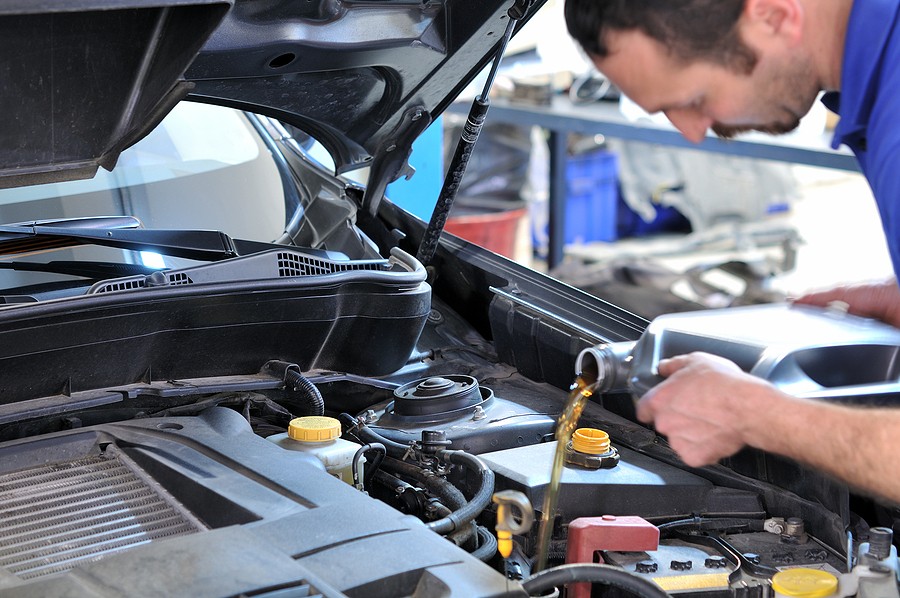
Should I repair, replace, or rebuild my engine?
Generally, repairs are better than replacement in most cases. But rebuilding the engine is usually the best choice for cost vs. benefits.
Repairs are an economical choice compared with replacement or rebuilding, but there may be times when only a full rebuild will fix the problem.
This is when you have no alternative but to get it done. Replacing your engine will usually cost more than fixing it, but if you're still under warranty, then the manufacturer will probably replace the engine for free .
Let's take a look at the main differences between engine repair, engine replacement, and engine rebuild:
# engine repair only
involves fixing the damaged parts on your engine
Cost: $500 to $2500
Advantage: less expensive than replacement and rebuild and is the least invasive way of fixing an engine. It may also solve the problem that you're experiencing.
# engine replacement only
involves buying a new or used engine and installing it on your vehicle
Cost: $2000 to $3000
Advantage: a new or used engine with a warranty is the least expensive option but very time-consuming.
# engine rebuild only
involves taking the engine apart, inspecting and repairing damaged parts, and putting it back together like new
Cost: $3000 to $10000
Advantage: you get a better engine than replacement and repair, but it's more expensive. This option is also time-consuming.
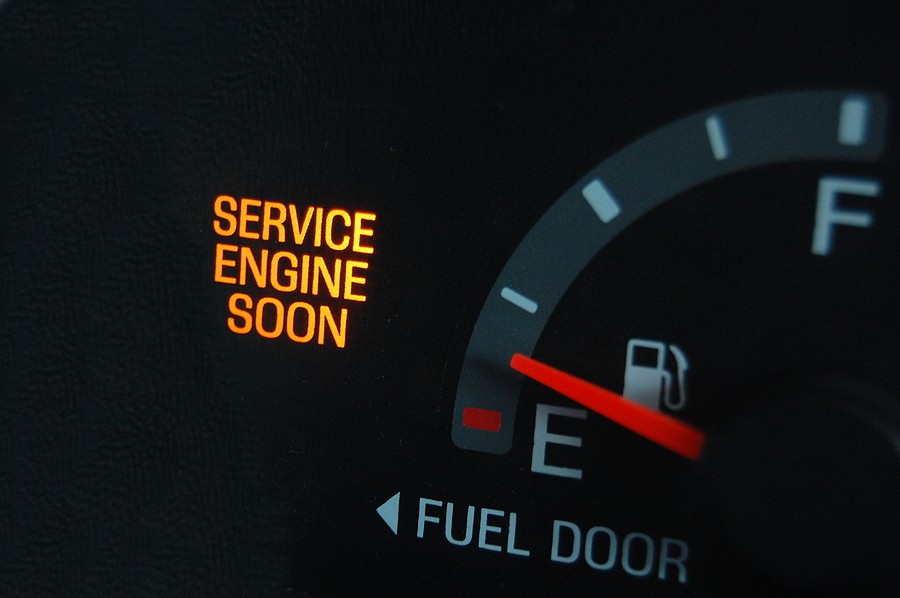
Conclusion
Engine problems can be costly, but there are ways to reduce the cost of repairs. Using OEM parts, comparing labor rates, and buying parts yourself can save money on engine repairs. Additionally, if you have a warranty on your vehicle, using genuine or OEM parts may make you eligible for a warranty even after the original warranty has expired.
If you're dealing with major engine problems and decided to sell your car, Cash Cars Buyer is willing to purchase your car no matter what's its type or condition. All you have to do is to call us at (773) 791-4363!

